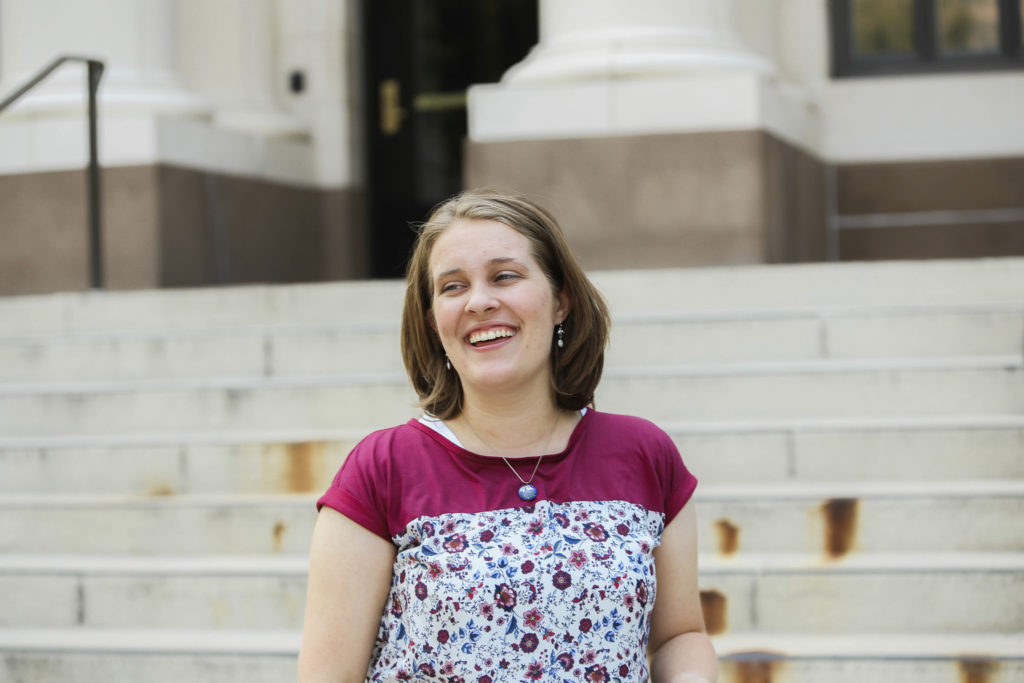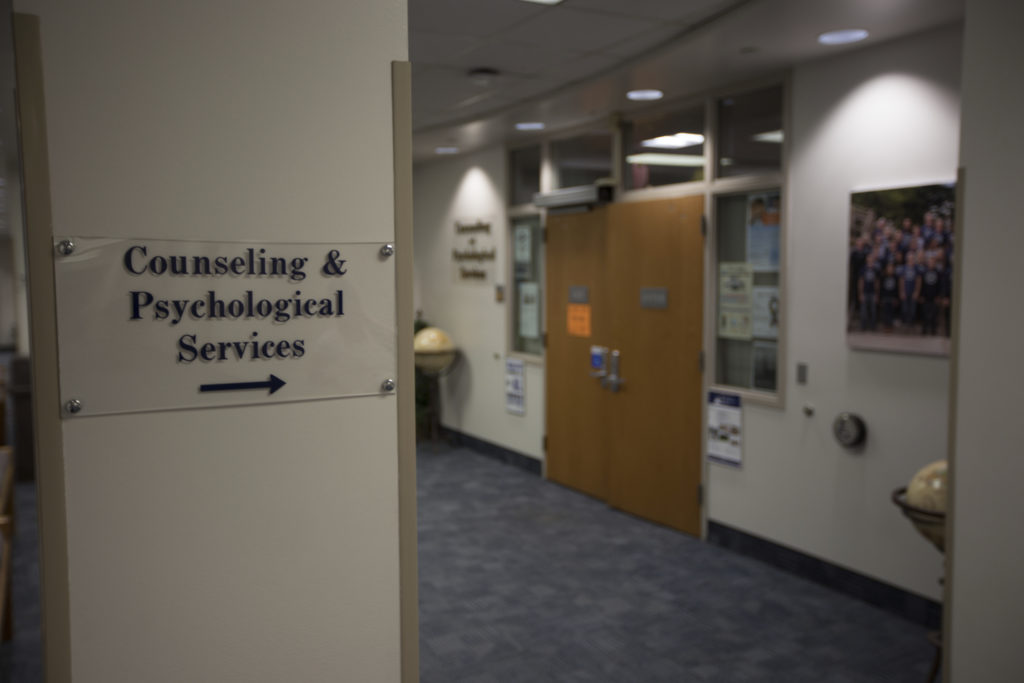
BYU media arts student Sarah Lawrence would often call someone on her drive home from work to avoid thoughts of taking her own life.
“The feeling is different for everyone, but I felt heavy, and I lost interest in things,” Lawrence said. “I was too stressed out to drive because I was worried I would do something I shouldn’t.”
Lawrence’s experience reflects the challenges many students face in balancing the demands of college life and maintaining mental health problems like depression.
About 44,965 Americans commit suicide every year, and a significant number are college students, according to a 2017 report by the American Foundation for Suicide Prevention. Both the Student Health Center and BYU’s Counseling and Psychological Services offer several options to help maintain mental health for students in hopes of lowering this statistic.
The number of students visiting counseling centers nationwide increased by about 30 percent, while enrollment grew by less than 6 percent, according to a 2015 report by the Center for Collegiate Mental Health.

BYU Counseling and Psychological Services professionals have noticed increased demand on campus.
“There is no exact reason understood, but it could be due to the fact that people are more comfortable with the idea of counseling and therapy, so they’re quicker to seek those things out,” said Counseling Services psychologist Klint Hobbs.
Concerns over academic achievement, dating and the future are just some of the many reasons college students may experience mental health problems, according to Hobbs.
Editing major Annie Petersen said she experienced stress while choosing a major and making other life decisions.
“It’s like you’re taking new experiences and things you don’t understand in such a short period of time,” Petersen said. “Then there’s the stress if I’m doing the right major, the right career. It’s a struggle making sure you’re doing it all right.”
Waiting for mental and physical help can be challenging for students who are away from home for the first time or are undergoing the pressures of academic achievement. Simple tasks can also become overwhelming for students struggling with depression, anxiety or other mental health problems.
The increased demand for student counseling services has led to concern about whether mental health centers have enough resources and staff to keep up. Colleges reported wait times from a few days to three weeks for counseling services, according to a STAT survey with 50 participating college campuses across the nation.
Hobbs said the wait time for students can vary due to the high number of students interested in the service.
“The wait for an individual appointment depends on the time of year. Students generally have little to no wait if they seek counseling at the beginning of the semester,” he said. “As more students request counseling, the wait can increase.”

There are resources offered to help students avoid the long wait for assistance, Hobbs said. The Stress Management and Biofeedback services are available to students on a walk-in basis and help students learn how to manage anxiety, stress and other symptoms through group therapy, breathing exercises and other techniques.
Students can also maintain mental health by learning to balance priorities, taking time to relax and talking to someone reliable, according to Hobbs.
“There were times Jesus withdrew so that he could rest. Reach out for help, and if someone else needs it don’t let them suffer in silence,” he said.
BYU Counseling and Psychological Services also has one of the nation’s largest group therapy programs. Research shows support groups are just as effective as individual therapy, according to Hobbs. Students can also take an online self-help program called SilverCloud, which helps students deal with anxiety and other mental health concerns through learning modules and relaxation methods.
A student in crisis can walk into the BYU Counseling and Psychological Services center and plan immediate solutions with a therapist, and a case manager is also available to connect students to other resources in the community. The center also works closely with the Student Health Center’s psychiatric services when medication is considered an option.
Patients are responsible for the cost of services offered at the health center, but the BYU Student Health Plan can help costs considerably, according to BYU Health Center Assistant Director Aaron Larson.
Larson said he is confident in the services provided by the health center.
“The stress, depression and anxiety a college student goes through are unique to that age group. Our doctors are equipped to handle most mental health concerns and medication management,” Larson said. “Learn to recognize the signals that your body is giving off. If you feel like something is wrong, let’s figure that out and get you back on the road to getting your degree.”
Students should reach out for help despite how difficult it can be, Lawrence said.
“Find someone you are comfortable with and be patient with yourself,” Lawrence said. “God doesn’t expect perfection, he asks us to work with what we have.”
Need help?
To set an appointment with BYU Counseling and Psychological Services, go to caps.byu.edu or call (801) 422-3035.
Visit BYU Health Center’s new Patient Portal at health.byu.edu or call 1-801-422-2771. Follow the health center’s Facebook and Instagram.
Call the National Suicide Prevention Hotline at 1-800-273-8255.




